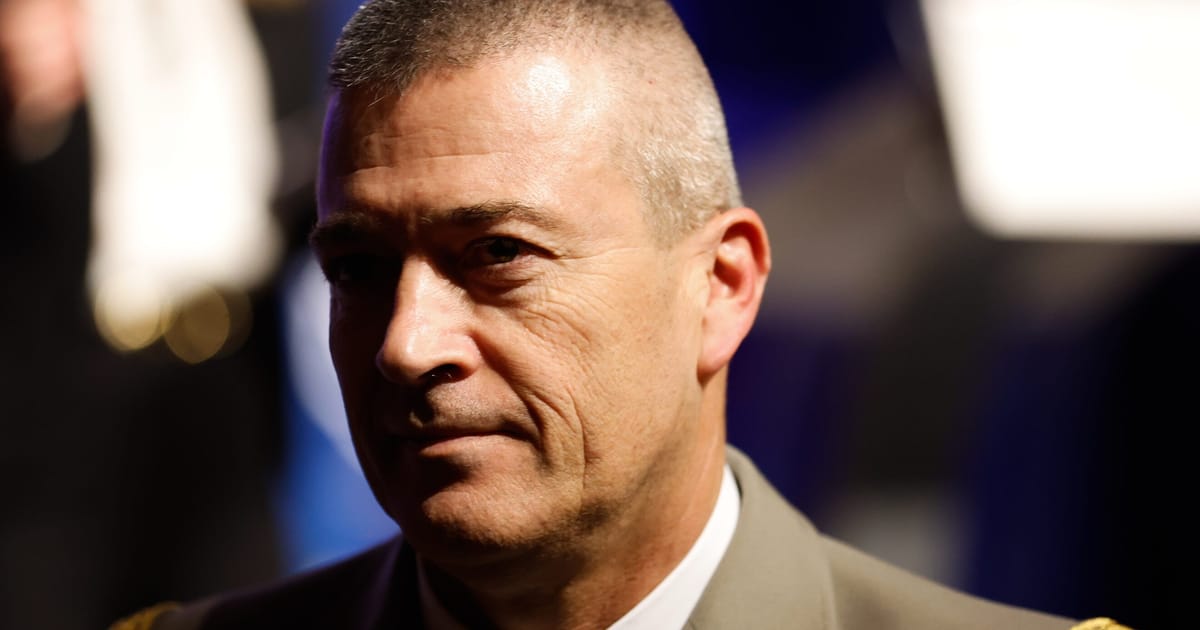Under his watch, France’s armed forces boosted their presence on Europe’s eastern flank and became more active in NATO while preparing for high-intensity warfare. In the past months, the French general also co-chaired the coalition of the willing, a group of countries working on security guarantees for Ukraine in case of a ceasefire with Russia.
Burkhard described a world defined by four political factors: The use of force to resolve conflicts; a push by countries including China, Russia, North Korea and Iran to challenge the West; the power of information warfare; and the impact of climate change.
“More than Russian tanks, the establishment of a de-Westernized alternative order threatens Europeans. If Russia can break Europe without an armed attack, that is the path it will choose,” France’s highest-ranking military officer said, speaking in his office at the armed forces ministry’s Paris headquarters, known as Balard.
“In tomorrow’s world, the strategic solidarity uniting European countries must be very, very strong. No country in Europe can be a major player alone,” Burkhard added. “It’s not about building something against the United States or even against Russia, but rather about achieving the critical mass needed to have influence and avoid being sold off by the slice.”
The challenge for Europeans has always been to speak with one voice, especially when it comes to defense policy. Madrid’s push to be exempt from NATO’s new 5 percent of GDP defense spending target, following comments by Prime Minister Pedro Sánchez that Russia doesn’t pose an immediate threat to Spain, highlights how differently European nations perceive threats.
“The difficulty with European defense is to encompass the strategic interests of European countries as a whole,” Burkhard said. “Estonians do not have the same strategic vision as the Portuguese; no one can deny that. A middle ground must be found.”
